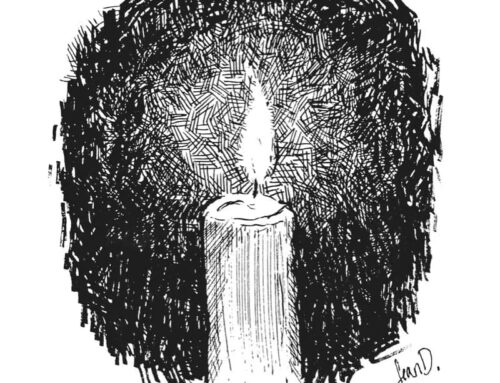Are you struggling to fall asleep or stay asleep? Are you exhausted by mid-afternoon or even wake up feeling tired? If so, there are some evidence-based ways to help you improve your sleep. There are some basic steps to enhance sleep quality, but one size does not fit all and therefore it is important to customize or tailorize a personal approach to help you improve your sleep.
Develop a sleep regimen. This would include things like a sleep schedule. Go to bed about the same time and get up about the same time seven days a week. Some people tend to want to stay up late and sleep late on the weekends or days off which can create sleep issues. Also, I strongly encourage you to get up at the same time which you have more control over than perhaps falling asleep at the same time. Do not exercise for four hours before bedtime. Reduce alcohol consumption or eliminate it. You may think it helps you go to sleep but actually it greatly reduces the quality of your sleep and actually causes you to wake up more frequently during the night. Eat supper three to four hours prior to bedtime and avoid heavy meals. If you snack eat a small healthy snack. About two to three hours prior to bedtime disengage from blue light such as computer screens and telephone, social media, and video games. Dim your lights in the house to help mimic the closing of day and the beginning of night. Try to stop watching television at least an hour before bedtime and try not to watch thrillers or action-packed shows but rather watch comedies and feel go movies closer to bedtime. When you go to bed, have your room dark, leave your phone and laptop outside the bedroom, and have your room temperature at about 68 degrees.
If you have trouble sleeping, there are several options. Instead of tossing and turning in bed get up and leave the bedroom. Go read something or journal or something else that is relaxing but avoid associating your bed with a place to toss and turn,especially if anxiety is that which is tossing and turning you. Mostly, your bed should be used for only two reasons and one of those is for sleeping.
Anxiety can be a leading contributor to sleep problems. Having racing thoughts and ruminating over those thoughts interfere with sleep. There are loads of guided meditation apps (you may need your phone for this) designed to help people sleep. Also, a basic breath meditation can be effective which involves focusing on your breath as it comes in and focusing on your breath as you exhale. When your mind wanders just acknowledge the thought without any judgment and allow it to float by like a leaf floating down a river and then come back to your breath. There are numerous other meditations that can be helpful. Also, breathwork can help manage anxiety such as the 4-7-8 breathwork exercise. Breath in through your nose for a count of four, hold for a count of seven and then breathe out through your mouth for a count of eight.
For those who continue to struggle with sleep I encourage you to seek professional help to design a tailored approach to address your sleep struggles. See a counselor especially one who has experience with CBT-I which is cognitive behavioral therapy designed for those who struggle with insomnia or seek the help from a health and wellness coach who has experience helping people with sleep struggles. Have hope for there are multiple ways to help improve sleep quality.
Recently I received a request an about someone who was struggling with sleep. They bought a new bed which “helped a ton with sleep” but the time changed “triggered my insomnia again.” They stated that “The problem is intense anxiety when I go to lay down, worries about not falling asleep.” They list several things they have tried to help them sleep that have not helped and then asks if there are any ideas about “sleep anxiety regulation?”






